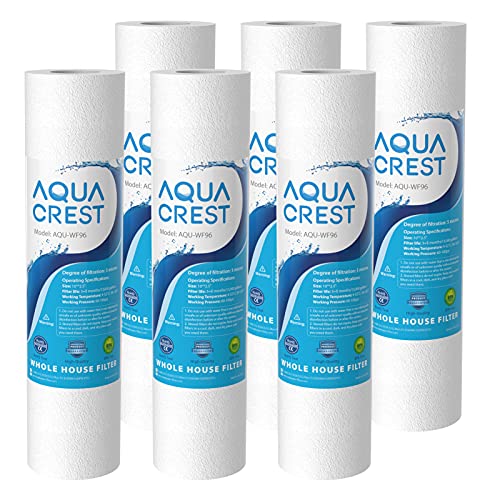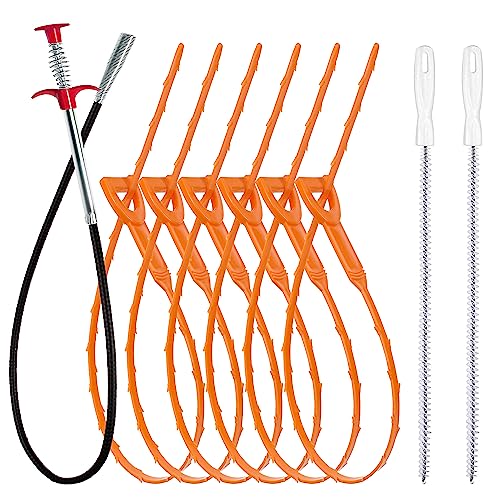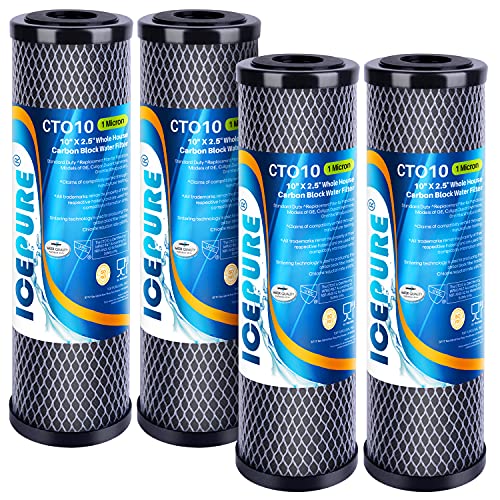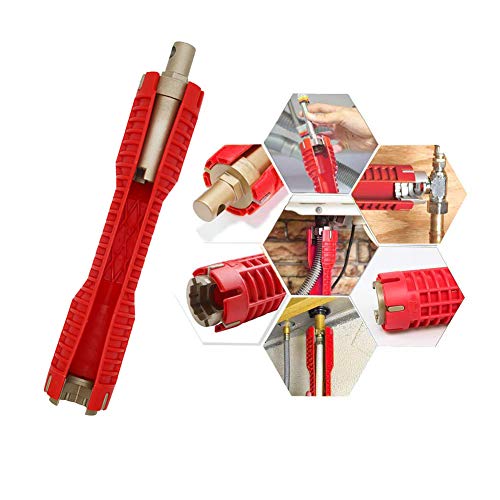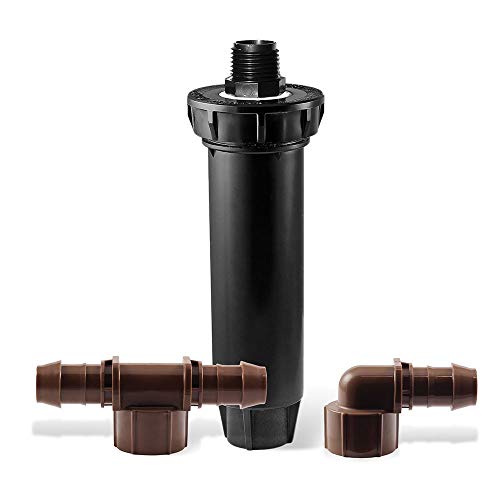JoeTheStack
Member
Hi all,
Our static water pressure, measured with a gauge, with all faucets and bibbs off, is only 40psi. I checked it at several locations and it is the same.
Our water flow is also low, as you might have guessed. With the gauge on one bibb, and another hose bibb turned on and flowing, the static pressure at the first bibb (where the gauge is - there is no flow there) drops way down to around 15psi.
The house is located in unincorporated territory in the county of Los Angeles near Pasadena. It was built in 1944. As well as I can determine, there are no regulators or pumps or tanks involved, only valves.
It is a safe bet that some of the pipes are semi-clogged with mineral deposits. However, before embarking on a re-piping project, I want to confirm that it is the best solution, or determine a better one. So I am soliciting advice herein, and I thank you in advance for your time.
Our static water pressure, measured with a gauge, with all faucets and bibbs off, is only 40psi. I checked it at several locations and it is the same.
Our water flow is also low, as you might have guessed. With the gauge on one bibb, and another hose bibb turned on and flowing, the static pressure at the first bibb (where the gauge is - there is no flow there) drops way down to around 15psi.
The house is located in unincorporated territory in the county of Los Angeles near Pasadena. It was built in 1944. As well as I can determine, there are no regulators or pumps or tanks involved, only valves.
It is a safe bet that some of the pipes are semi-clogged with mineral deposits. However, before embarking on a re-piping project, I want to confirm that it is the best solution, or determine a better one. So I am soliciting advice herein, and I thank you in advance for your time.








